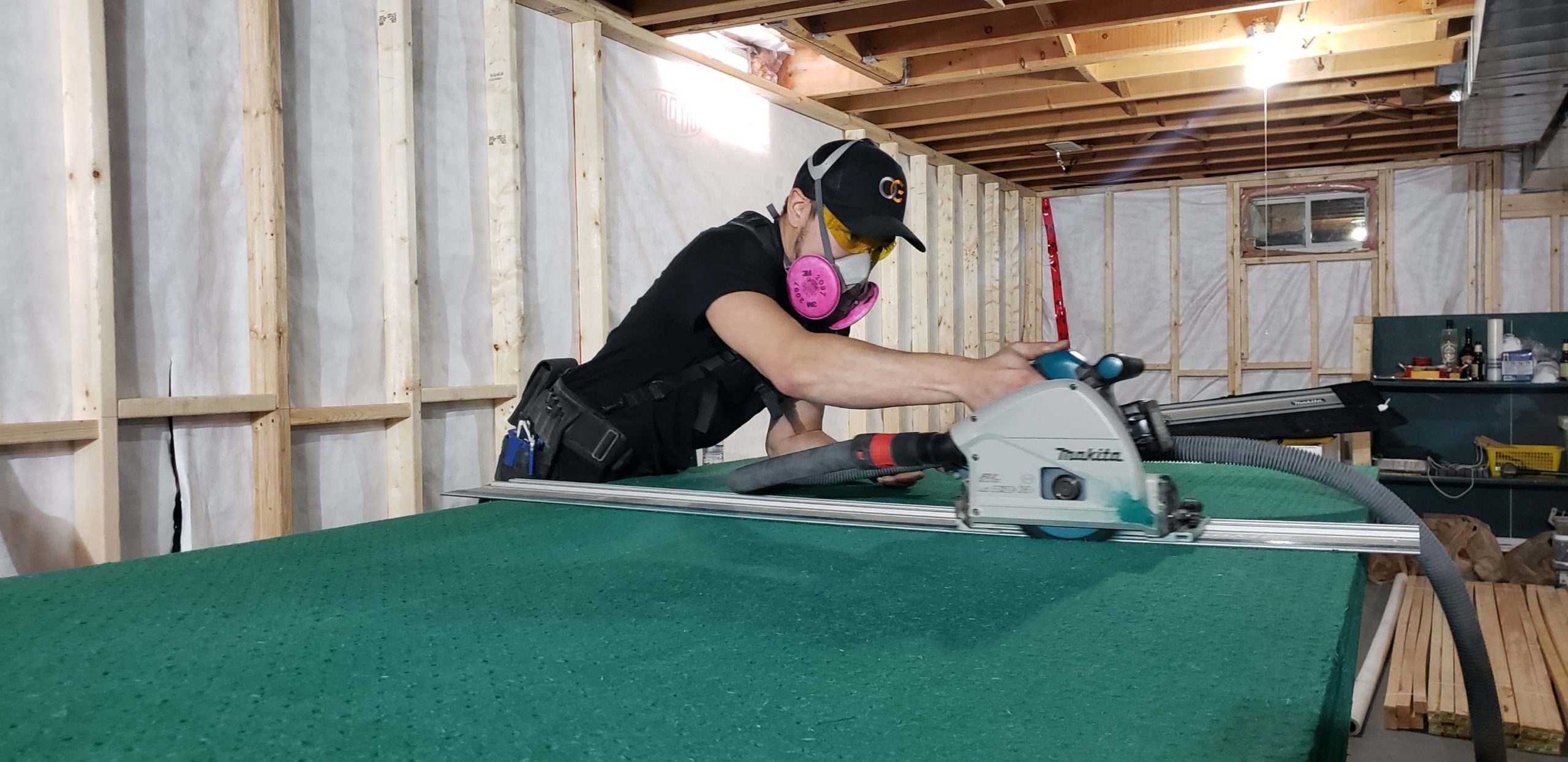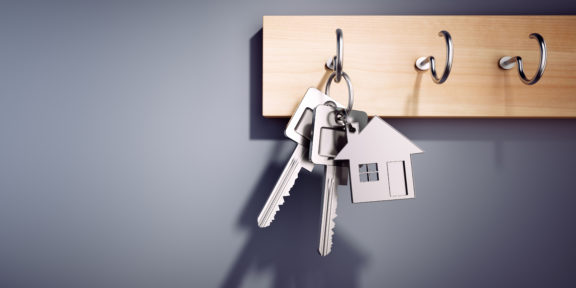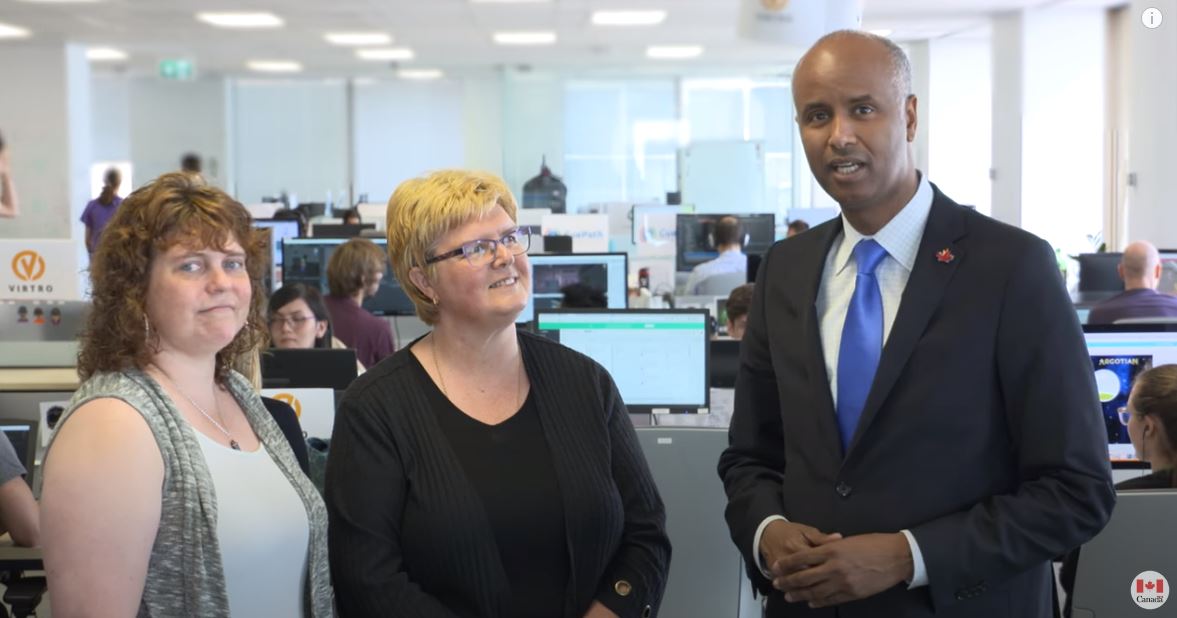(NC) As inflation rises, many of us are adjusting our expectations of what we can afford in all areas of life. With rising interest rates accompanying this rise in inflation, you might be wondering what these changes mean for the housing market, and your current or future mortgage.
Here’s what you need to know:
Mortgage choices matter
Rising interest rates have a different effect on mortgage payments depending on the type of mortgage you choose. If you go for a variable-rate mortgage, in which interest on your mortgage varies based on the lending bank’s prime interest rate, your monthly payments may rise with higher interest rates. Or instead, a larger portion of your usual monthly payment may go towards interest rather than the principal.
If you opt for a fixed-rate mortgage, in which the interest rate on your mortgage stays fixed at an agreed-upon rate for an agreed-upon term, that means higher interest rates will have no effect on the amount you pay each month. These rates may be higher to begin with than with variable-rate mortgages.
Pre-approval locks in your rate
Getting pre-approved for a mortgage means you can lock in a fixed interest rate while you’re house hunting. Not only does this give you an advantage in bids that happen fast, as well as give you time for due diligence on a property, it also means you can lock in the current interest rate, or sometimes even a promotional one, for a specified amount of time. Currently, the bank offering the longest Canadian mortgage rate guarantee is BMO, with their 130-day guarantee. This means that if rates go up, you’ll get to keep your original low rate.
Stress test benefits
When you purchase a home in Canada today, you must pass a stress test to qualify for a mortgage – no matter the size of your down payment. Introduced in 2018, the stress test means that you must qualify for a mortgage at a higher rate than your lender is offering. The current minimum qualifying rate is 5.25% or the rate offered by your lender plus two per cent if that’s higher than the minimum qualifying rate.
While this test may affect the amount of home you can afford to purchase, passing the mortgage stress test helps build in cushion that accounts for interest rates that might rise a point or two. Of course, it’s up to you to keep that cushion accessible after purchasing your home, but the stress test can be a good reminder to be prepared for rising interest rates.
Since everyone’s financial situation is unique, it’s best to get personalized advice from an expert.
Find more information or connect with a mortgage specialist at bmo.com/mortgage.


























